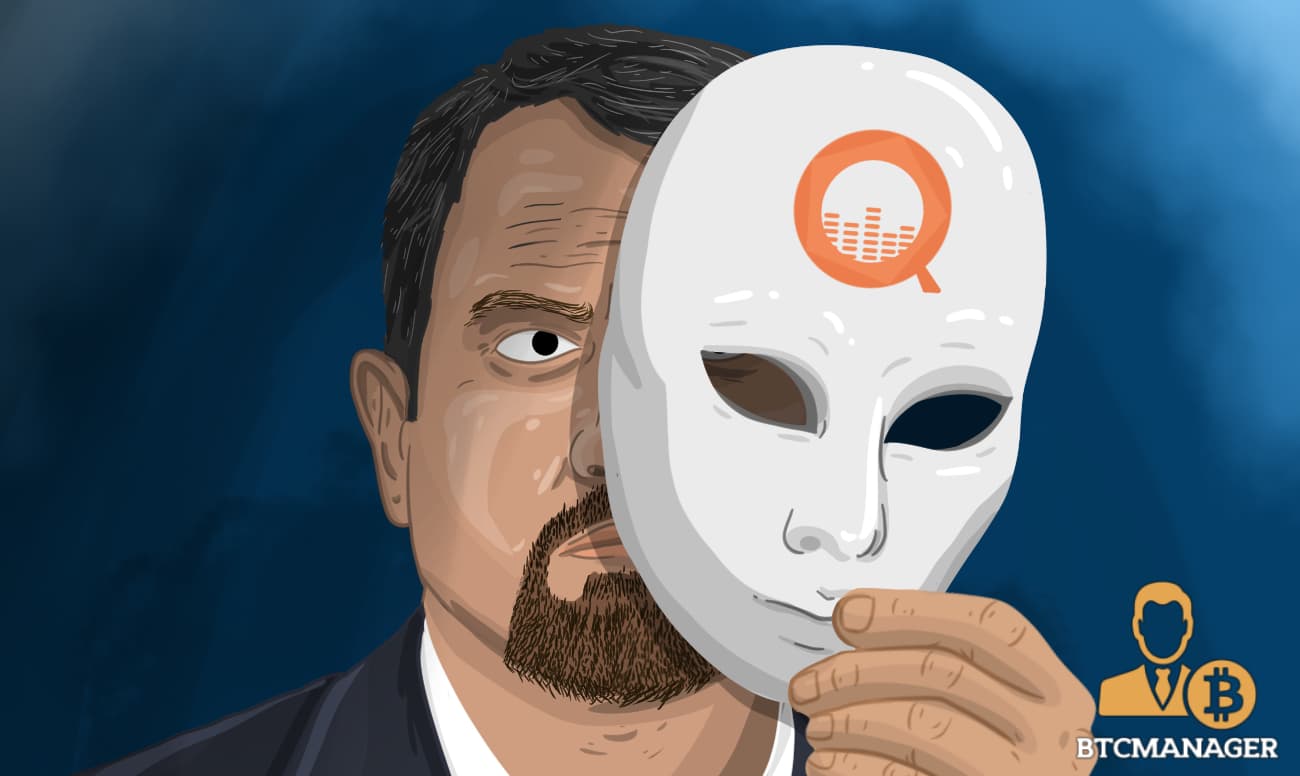From Fraud to Fintech: QuadrigaCX Twists Continue as it Emerges Co-Founder Is Convicted Fraudster

Michael Patryn, the co-founder of the controversial QuadrigaCX, has already been convicted and spent 18 months in a U.S. Federal prison for identity theft linked to credit card and bank fraud. He “underwent a remarkable transformation,” and changed his identity before entering the world of cryptocurrency.
Changed his Name Twice
According to Bloomberg, Patryn, who in 2013 co-founded the troubled Canadian-based crypto exchange with the late Gerald Cotten, previously went by the name of Omar Dhanani.
Bloomberg claims to have records to show the man also has a criminal history in the United States and first changed his name to Omar Patryn with the British Columbia Government in March 2003 before changing it to Michael Patryn in the same province in 2008.
The revelation now adds a new twist to the mystery that surrounds QuadrigaCX whose closure earlier this year left over 115,000 clients wondering if they’ll ever recover their digital cash. Cotten, who died while traveling in India, is reported to have operated the exchange alone on his laptop, thereby throwing the platform into disarray.
The firm was placed under court-appointed creditor protection in February with accounting firm Ernst & Young (E&Y) working to untangle the mystery surrounding the firm’s operations.
E&Y has since revealed that the cold storage accounts operated by QuadrigaCX and which held their clients’ assets had been emptied months before the CEO’s death. Over $145 million in crypto was found to be missing from the exchange by the time its CEO Cotton died in India from complications of Crohn’s disease in December 2018.
Served 18-Month Prison Term
Dhanani was charged severely after pleading guilty to conspiracy to commit bank and credit card fraud in 2005 and served 18 months in prison for some of his crimes before he was deported to Canada, where he tried to reinvent himself and got involved in cryptocurrencies.
The man who now resides in Vietnam and calls himself a fintech advisor and portfolio manager and who has served as a founder and chairman of Canadian blockchain incubator Ventures Group (FVG) told Bloomberg he left QuadrigaCX in 2016 following fundamental disagreements with the late Gerald Cotton over the exchanges’ plan to go public.
He told Bloomberg via email:
“On the day of our disagreement, I left the company and ceased being privy to operational decisions […] since that time; I have not been involved in the operations or management of any of the QuadrigaCX companies.”
The discovery deepens the QuadrigaCX saga, which recently saw Jennifer Robertson, the widow of the late founder of the exchange not only claim that Cotton used his own money to fund the exchange but went ahead to demand that the court repay her legal costs to the tune of $225,000.
Canadian regulators are planning to create new crypto-rules following the ongoing QuadrigaCX scandal.














